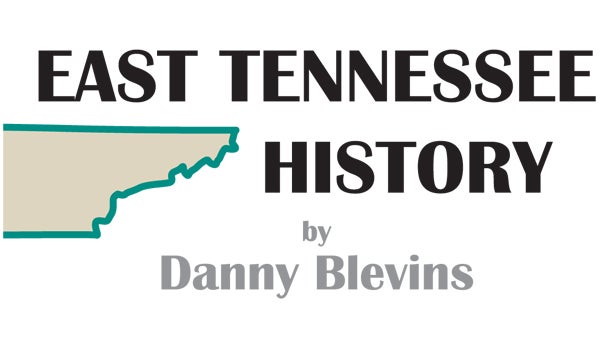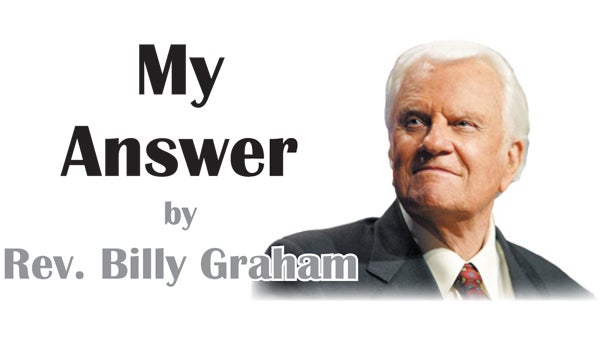East Tennessee History: Hillbilly Language
Published 5:10 pm Monday, October 5, 2020
|
Getting your Trinity Audio player ready...
|
“Hillbilly”. The very word brings to our mind men in overalls, sitting on their front porch, drinking moonshine, playing mountain music and speaking in a language that only they understand.
The mountain language is as unique as the people themselves and is really a combination of both English and Scottish terms and dialects. Some citizens from other parts of our country have seen this language as a speech of someone inferior, uneducated and lazy. This could not be further from the truth.
I have spoken a more modern version of this language for most of my life. This was simply the way we spoke as I grew up, and I did not realize I was speaking differently until I got older and traveled to other parts of this country and world.
True mountain language takes elements of the old Scottish and English languages that were brought to the mountains when the settlers traveled across the Appalachians. As time progressed it evolved into the most unique language in the world.
This language is easy to recognize because of several unique features.
First, the mountain language has a tendency to drop the “g” from words that end in “ing”. The word running becomes “runnin”, speaking becomes “speakin”, etc. Also, the “r” sound is added to the ending of some words. Some examples are the name Lena which becomes “Lenar”, the word hollow becomes “hollar”, potato becomes “tater” etc.
In some cases, a word can take a different meaning or a shorten meaning completely. Examples may be “britches” (pants), “winder” (window), “done” (an unpaid bill) and “poke” (paper bag).
Other parts of the language take the word “to” and adds it to another word to form a term with a different meaning. Examples include “fixin to” (getting ready to) or “like to” (almost).
Other words take on an entirely different meaning. For example,
“nab” (Nabisco peanut crackers. I only had a pack of nabs for lunch.)
“skift” (a small amount. We had a skift of snow.)
“si goggled” (crooked. The wall looked si goggled.)
“shoppin buggy” (shopping cart)
“You’ns” and “y’all” (plural of you. Y’all come back.)
“hain’t” (to haunt)
Also, this Appalachian language often changes the “ir” sound to an “ar” sound. Examples include “far” (fire), “tared” (tired), “hard” (hired) or “war” (wore).
Often the language uses double negatives. “None” is used in place of “any” as in “I don’t have none.”
Verb forms for the verb “to lay” are used instead of forms of the verb “to lie.” For example, “Lay down and hush.”
“Might could” is sometimes used where a speaker of standard English would say, “might be able to” or “could maybe.”
Measurements such as “foot” and “mile” often retain their singular form even when used in the plural sense. For example, “That stick is 3 foot long”, or “We need 6 foot of drywall”. “Foot” in the singular is standard UK English.
Finally, some nouns are spoken in pairs with the first noun describing the seemingly redundant second noun, as in “hound dog”, “Cadillac car”, “widow woman”, “toad frog”, “biscuit bread”, or “rifle gun”.
Someone once told me that God talks the way we do, and I am inclined to believe it. Our language is both complex and unique and has survived the test of time. No, it is not the language of a lazy, backward people, but a language that is as close to the original English and Scottish language as we will ever get.






